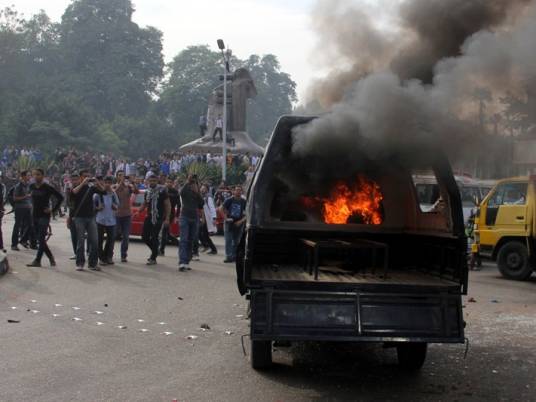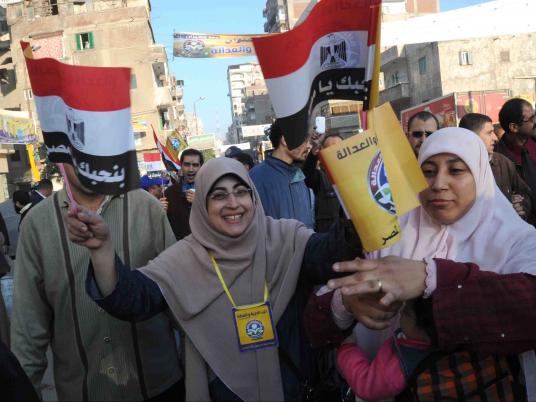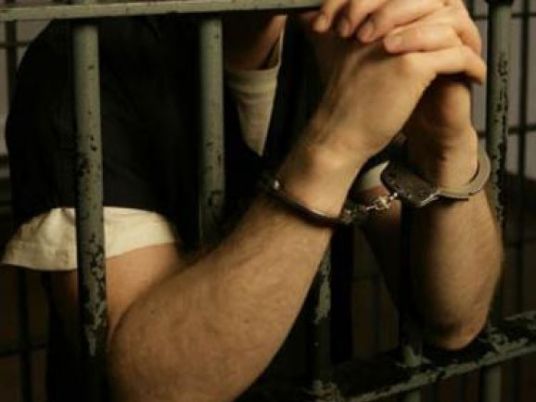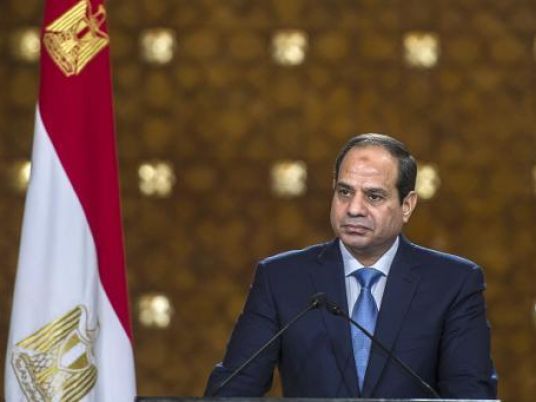
A Supreme Council of the Armed Forces (SCAF) statement released Monday about the controversial role of its proposed advisory council makes headlines in Tuesday’s papers.
“The advisory council is not a substitute for the People’s Assembly and the Shura Council, and its work will be over when a new president is elected,” reads headlines in both state-owned Al-Ahram and independent Al-Shorouk.
The statement came after the Freedom and Justice Party (FJP) withdrew from the advisory council over concerns that the council was formed to interfere with the parliament’s duties, particularly in selecting the 100-member constituent assembly that will be largely responsible for drafting the new constitution.
The SCAF also stressed in the statement that the role of the council is merely consultative, Al-Ahram adds.
Privately-owned Youm7 leads with, “Secret negotiations between Brotherhood and the military council.” It reports that the SCAF has intensified efforts to convince the Brotherhood to return to the advisory council.
A prominent member of the council told Youm7 that the SCAF’s move came before a meeting scheduled for Tuesday, which will attempt to sway public opinion in favor of the council. The FJP won a majority of seats in the first round of People's Assembly elections.
Party-run Al-Wafd newspaper reports, “400 civil organizations received foreign funding in law violation.” According to the report, a fact-finding committee from the Justice Ministry announced that the testimonies of more than 50 witnesses have been heard in lawsuits filed against entities allegedly operating without official permission.
Al-Ahram runs a similar story, reporting that all civil society organizations have been investigated, including Islamic and Coptic groups, in addition to individuals who have received financing from Arab, European and American states.
Youm7 features an article with the headline “Ganzouri under siege,” accompanied by a photo of dozens of banner-carrying protesters. The story reports that Prime Minister Kamal al-Ganzouri met Monday with protesters to negotiate the end of a sit-in outside of the cabinet building.
The prime minister also met with workers from the MOPCO and Misr Monufiya Spinning and Weaving companies. MOPCO employees are now demanding the Damietta factory be reopened, expressing concerns about massive financial losses due to its closure, which are estimated at around US$5 million daily. Misr Monufiya Spinning and Weaving workers have been protesting that they have not received their salaries for several months.
Negotiations with both were concluded by agreements that the sit-ins will be called off and the government will create a committee to supervise the SCAF’s fulfillment of protest demands. This committee will include members of revolutionary youth groups.
News of the Israeli ambassador’s return to Cairo is featured on Al-Dostour’s front page. The independent paper quotes newly-appointed Ambassador Yaakov Amitai as saying in a press conference, “I hope peace will prevail between Egypt and Israel … the Egyptian revolution will succeed.”
While Amitai expressed happiness to be working in Egypt during the critical transition period, he refused to speak about Israel’s fears over the increasing power of Islamist groups in Egypt’s political sphere.
Other embassy workers will arrive to Cairo in stages, according to the paper, and the ambassador said he does not yet know where the new embassy will be located. Yitzhak Levanon, Amitai’s predecessor, left Egypt three months ago after protesters stormed the Israeli Embassy in Giza.
In an op-ed, Youm7 Editor-in-Chief Khaled Salah urges voters to participate in the second stage of People's Assembly elections. He stresses that the ideological conflicts that arose during the first phase of the polls must not “hinder us from completing the journey.”
“It doesn’t matter who wins or loses, the important thing is making people’s voices heard,” Salah concludes.
Egypt's papers:
Al-Ahram: Daily, state-run, largest distribution in Egypt
Al-Akhbar: Daily, state-run, second to Al-Ahram in institutional size
Al-Gomhurriya: Daily, state-run
Rose al-Youssef: Daily, state-run
Al-Dostour: Daily, privately owned
Al-Shorouk: Daily, privately owned
Al-Wafd: Daily, published by the liberal Wafd Party
Youm7: Daily, privately owned
Al-Tahrir: Daily, privately owned
Freedom and Justice: Daily, published by the Muslim Brotherhood's Freedom and Justice Party
Sawt al-Umma: Weekly, privately owned
Al-Arabi: Weekly, published by the Nasserist Party




